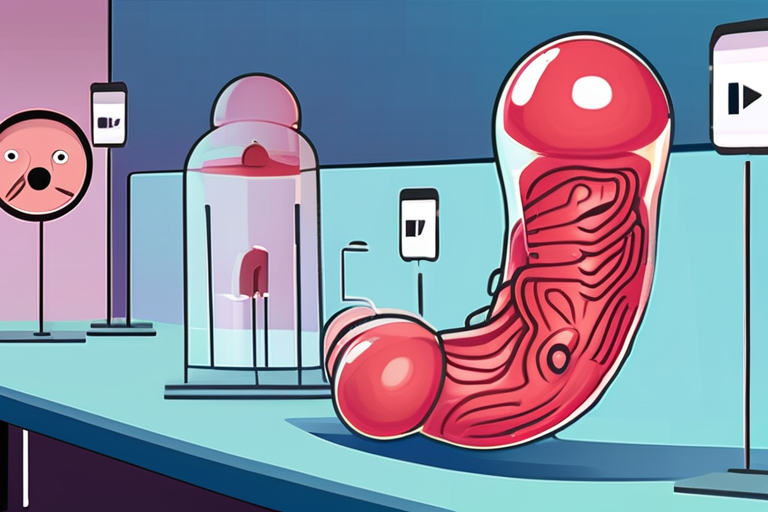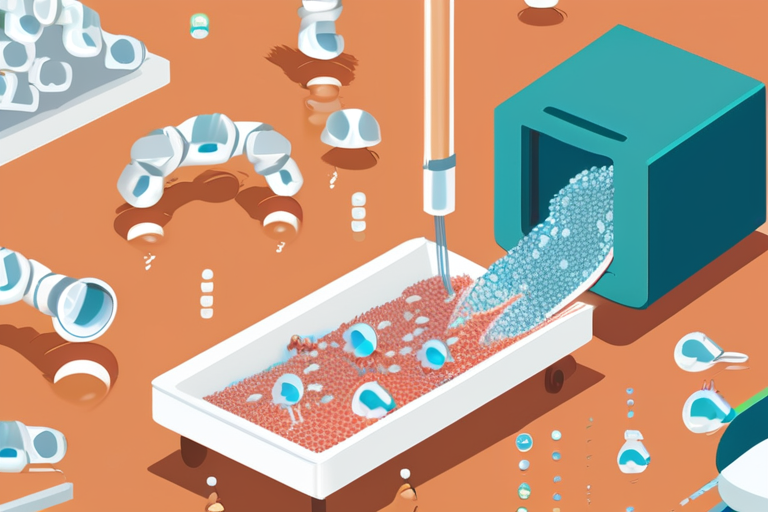Breaking News: Rare Infection on Penis Raises Alarms
A 57-year-old man in Ireland has been hospitalized with a rare and puzzling infection on his penis, which may be connected to his work with dead animals. The man, who received a kidney transplant 15 years ago, presented to a hospital in Dublin with symptoms of a red, swollen, and painful penis, accompanied by a fever. Initial treatment with antibiotics for a suspected bacterial skin infection (cellulitis) proved ineffective, prompting further investigation.
According to a report published in ASM Case Reports, the man's condition worsened despite antibiotic treatment, leading doctors to suspect a more serious infection. A thorough review of his case revealed that he had been working with dead animals in the three months preceding his hospitalization. This unusual occupation may have exposed him to Mycobacterium bovis, a bacterium commonly found in cattle, which can cause tuberculosis (TB).
The man's immunosuppressed state, resulting from his kidney transplant and ongoing immunosuppressive medication, made him more susceptible to infections. His case highlights the importance of taking precautions when handling animals, especially those that may carry zoonotic pathogens.
TB is a serious infection that can affect any part of the body, including the genital area. In this case, the infection appears to have been limited to the penis, but the man's underlying health conditions and immunosuppressed state increased his risk of complications. "This case is a stark reminder of the importance of taking precautions when handling animals, especially for individuals with compromised immune systems," says Dr. Sarah Jones, an infectious disease expert.
The man's treatment is ongoing, and his prognosis is uncertain. This rare case serves as a warning to individuals who work with animals, particularly those with weakened immune systems, to take necessary precautions to prevent infection. As the investigation continues, public health officials are urging individuals to be aware of the risks associated with handling animals and to take steps to prevent infection.
In the meantime, experts recommend that individuals who work with animals, especially those with compromised immune systems, take the following precautions: wear protective clothing, including gloves and masks, when handling animals or their tissues; wash hands thoroughly with soap and water after handling animals or their tissues; and seek medical attention immediately if symptoms of infection, such as redness, swelling, or pain, develop.



























Share & Engage Share
Share this article